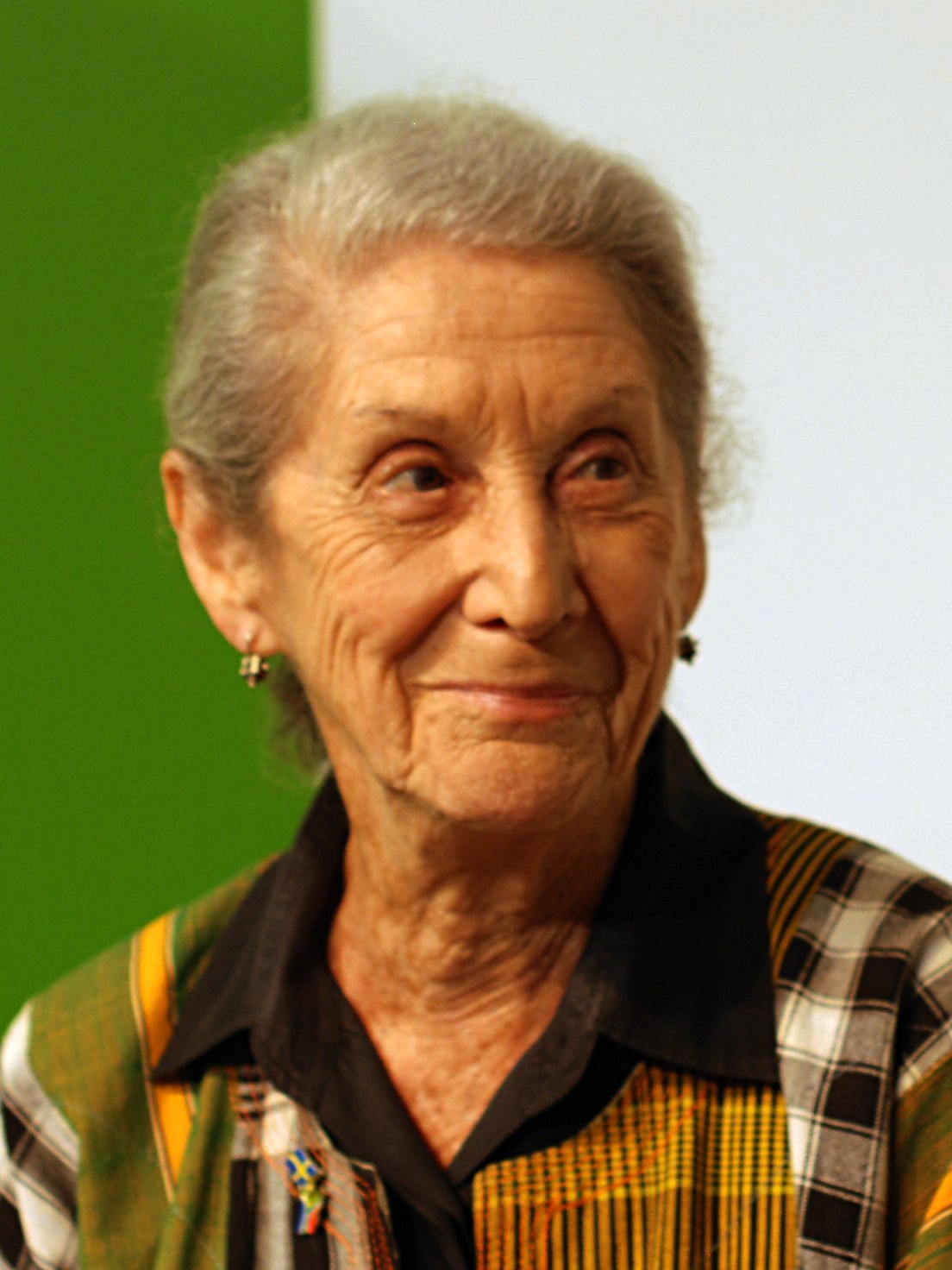Writing and Being (1991)
Contesto: Camus dealt with the question best. He said that he liked individuals who take sides more than literatures that do. 'One either serves the whole of man or does not serve him at all. And if man needs bread and justice, and if what has to be done must be done to serve this need, he also needs pure beauty which is the bread of his heart.' So Camus called for 'Courage in and talent in one's work.' And Márquez redefined tender fiction thus: The best way a writer can serve a revolution is to write as well as he can.
I believe that these two statements might be the credo for all of us who write. They do not resolve the conflicts that have come, and will continue to come, to contemporary writers. But they state plainly an honest possibility of doing so, they turn the face of the writer squarely to her and his existence, the reason to be, as a writer, and the reason to be, as a responsible human, acting, like any other, within a social context.
